IVF with Sperm Donor: Success Rates & Process
Fertility Treatment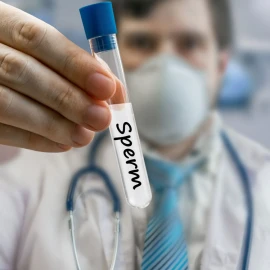
Speaking of infertility, the first thing that may come to mind is that the female partner is infertile, but it is good to know that men and women have the same rates of infertility. Several factors are involved in male infertility, either related to sperm production or sperm transfer. Fortunately, even if the male partner lacks sperm (azoospermia), he can be a father through new and advanced third-party reproduction methods, i.e., IVF and IUI (donor insemination). In this essay, we introduce IVF with the sperm donor technique and discuss different aspects of it.
What Is IVF with Sperm Donor?
Sperm donation is the only treatment for zero sperm count, also known as azoospermia, and helps infertile couples to experience the enjoyable feeling of being parents. In this method, semen is provided by a third party or a sperm donor, and the woman receives it through intrauterine insemination (IUI). This process of third-party reproduction can also be done through in vitro fertilization (IVF), in which the embryo from artificial insemination in a laboratory dish is transferred to the woman's uterus.
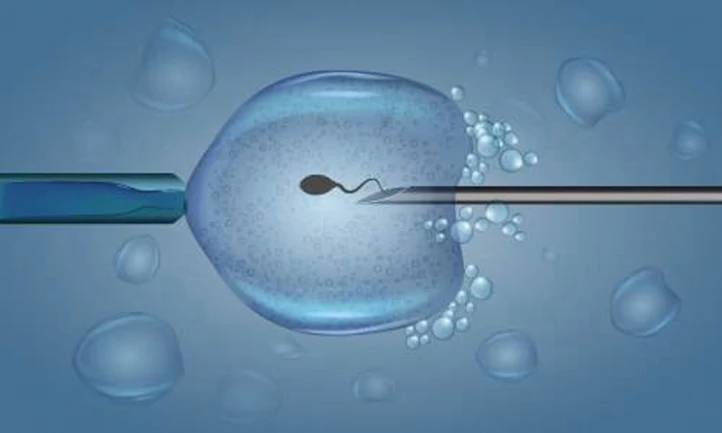
Considerations for Using a Sperm Donor
Before using a sperm donor for IVF or donor insemination (IUI), you have to consider the following:
Be prepared for a long journey: using donor sperm for IVF or IUI takes more than six months. Also, you should have multiple meetings with a psychologist, therapist, and genetic counselor before starting the treatment. So be prepared for a lengthy procedure.
Ask a lawyer for legal advice: although the sperm donor doesn't have any child's legal rights, it is recommended to ask a lawyer to draw up a contract that defines your and the donor's rights.
Make up your mind if you want to have more than one child: If you intend to have more than one child in the future and want them to be blood siblings, you have to ask the fertility center to reserve more sperm of the same donor for you.
Decide whether you want your child to meet their biological father or not: if you want to introduce your child to their biological father in the future, you should ask the fertility center to save the donor's contact information. Of course, the donor must also be willing to develop a relationship with the child.
Legal Conditions for Using Donor Sperm
In most cases, the sperm sample is taken from the sperm bank, and the donor has no information about the infertile couple receiving it. In this method, the intended parents can get full custody of their child with the help of a lawyer. It should be noted that the resulting child will not inherit from the donor.
Who Is a Candidate for Using a Sperm Donor?
The Sperm donation method is recommended in cases where the male sperm does not have the adequate quantity and quality to fertilize the woman's egg. This method can also be used when the semen analysis shows azoospermia or no sperm in the ejaculate.
In general, the physician prescribes the sperm donation method under the following conditions:
- Failure of other procedures to obtain sperm from a man;
- The inefficiency of sperm retrieved from a man;
- In cases the male partner has an incurable inherited disease;
- In cases the male partner has a chromosomal abnormality;
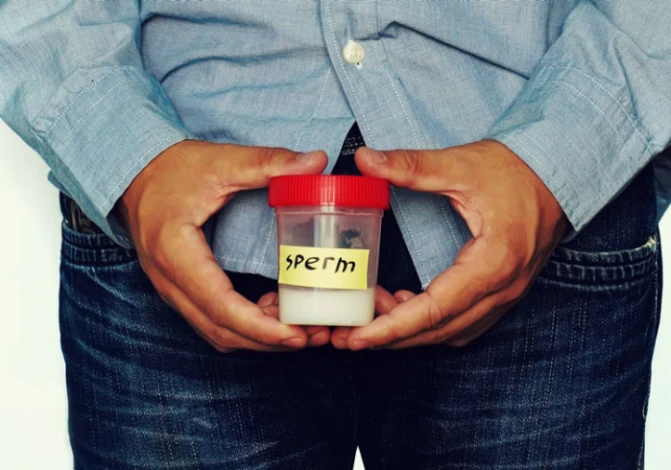
Sperm Donor Requirements
To be a sperm donor, one should have some qualifications, including the following:
- Not Having Genetic and Infectious Diseases
The sperm donor should follow a healthy lifestyle, so those men who have diseases such as AIDS, hepatitis B and C, syphilis, genital herpes, genital warts, cancer, diabetes, chronic fatigue, as well as genetic disorders such as cystic fibrosis, anemia, hemophilia, and pneumonia are not allowed to be a donor. The mentioned diseases may affect the quantity and quality of sperm.
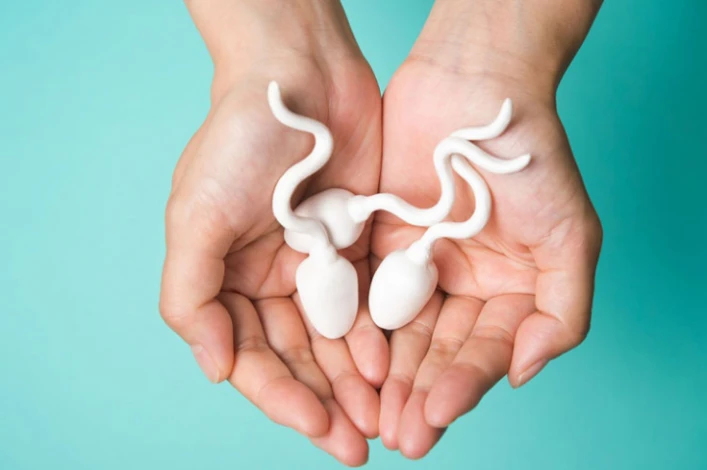
- Age
The sperm donor must be aged between 18 and 35 years old. The age of 40 and more affects sperm motility.
- Medical Record
People who have been adopted cannot be a donor. This is because they are often unaware of the medical history of their biological parents.
- Taking Blood Tests Periodically
To check whether the donor is in good health, the doctor will periodically prescribe blood tests.
- Sperm Quality and Quantity
A donor semen analysis must contain at least 70% of progressively motile sperm and 60% of sperm with healthy morphology.
- Not Having Mental Illness
People with mental illnesses such as schizophrenia and bipolar disorder cannot be sperm donors. This kind of mental illness can be heritable.
- Being Married or Single
It is unimportant if the man is married or single to be a sperm donor.
Choosing a Sperm Donor
To find a suitable sperm donor, you should first specify a criterion. In the first place, you have to check the crucial factors of the donors, such as their physical features (height, hair color, or skin color), family medical history (blood type, history of high blood pressure, diabetes, etc.), and occupation (artist, scientist, athletes) and then, decide what features you want your baby to have. All this information is included in each donor's file in a fertility clinic.
Although almost all sperm donors are anonymous, if you don't want your donor to be anonymous, you can ask someone you know to be your sperm donor. Moreover, in some cases, the recipient couple gets more than one vial of their desired donor's sperm as they wish to have another baby in the future.
Sperm Donor Screening
- Semen Analysis (Spermogram);
- Blood Typing Test (ABO typing);
- Hepatitis B and C testing;
- Genetic testing;
- STD testing (sexually transmitted diseases).
A sperm donor is usually advised not to have sex or ejaculate for one week before sperm donation to increase sperm count.
Genetic Issues in IVF with Sperm Donors
In the sperm donation process, the fetus will be genetically connected to the intended mother and sperm donor. Therefore, the doctor tries to find a sperm donor whose appearance resembles the infertile couple.
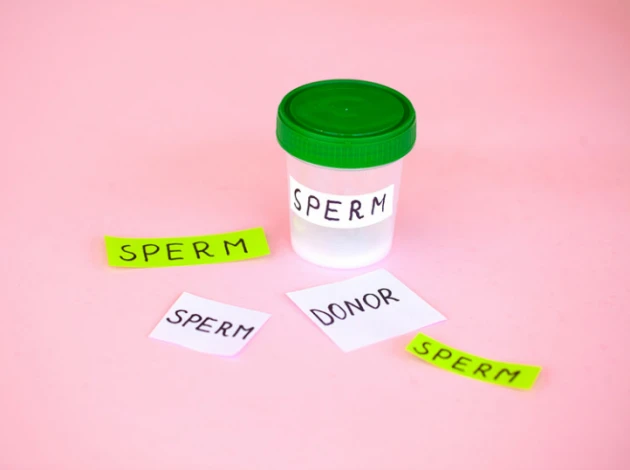
IVF with Sperm Donor Process
Pre-treatment tests
First, the doctor asks the sperm donor and the recipient's mother to take several blood tests to ensure that they don't have any genetic disorders, mental illnesses, or severe health issues.
Consultation
Based on your general health and lifestyle, the doctor decides which assisted reproductive technique (IVF or IUI) suits you. Then, they will explain the whole procedure and its complications to you at the consulting session.
Choosing sperm donor
At this stage, you can read the donors' files at the sperm bank and choose a sperm donor that matches your preferences.
Donating sperm
At first, the sperm donor is asked to masturbate and delivers his semen sample to the laboratory. Then, the semen sample gets frozen and stored in the sperm bank for six months for further examinations. After that, if the physical characteristics of the couple and the sperm donor are conformable, the donor is asked to donate a sperm sample again.
Start of IVF procedure
In this step, the donor sperm and the egg are fertilized in the laboratory, and the resulting embryo is transferred to the mother's uterus almost five days later.
Ivf with Sperm Donor Success Rate
The highest success rates for sperm donation are reported in women under 35 years old with no fertility problems. In most cases, the success rates of donor sperm vary from 60-to 80%, which is influenced by the method used in sperm donation. For example, the success rate of IUI is relatively less than IVF.

Risks of Using a Donor Sperm
Besides the risk of transferring sexually transmitted infections and hereditary disorders, the recipients will face emotional challenges regarding parenting a child with the genetic features of another man. One way to overcome this problem is to discuss it with a professional counselor or a couple who has already gone this way. Also, you have to consider that your child may have half-siblings. So, you may also want to discuss this issue with your counselor.
Exploring Options for Men Who Have Undergone Vasectomy
Vasectomy is a surgical procedure that involves cutting or blocking the tubes (vas deferens) that carry sperm from the testicles to the urethra, effectively preventing the release of sperm during ejaculation. It is a permanent form of birth control and is considered to be one of the most effective methods of contraception.
However, for men who have undergone a vasectomy and wish to have children later in life, there are options available. One of these options is vasectomy reversal, which involves reconnecting the vas deferens to allow the passage of sperm. The success rates of vasectomy reversal vary depending on factors such as the length of time since the vasectomy, the age of the man, and the skill of the surgeon performing the procedure.
Another option for men who have undergone a vasectomy is sperm retrieval and IVF with a sperm donor. This involves using a needle to extract sperm directly from the testicles or epididymis and then using this sperm to fertilize an egg through IVF. The success rates of this procedure can vary depending on factors such as the quality of the retrieved sperm and the age and fertility of the woman undergoing IVF.
How to Tell My Child They are From a Sperm Donor?
Telling children that they are from a donor sperm is a nightmare to many, but you can do it using some techniques. If your child is young, you can explain how children come into this world using simple words. Then, you should explain that using donor sperm is no different than the normal procedure. You can also use books, drawings, and stories to tell your school-age child about donor sperm.
Remember that you should ensure them that you will always love them; it is normal to have mixed feelings about this issue. If you find it too difficult to tell your child that they are from donor sperm, you can ask a counselor or someone they love (perhaps their grandparents) to help you.
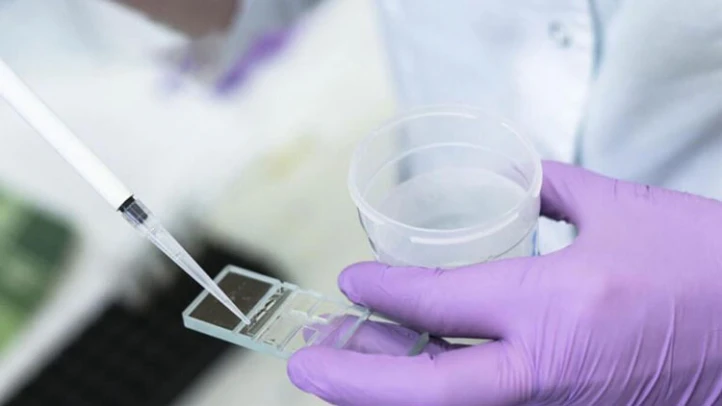
Sperm Donation in Islam
There is disagreement among Islamic scholars about using the sperm donation method. Both Shiite and Sunni scholars have held various opinions on the matter. Most Sunni scholars agree that sperm donation is not permitted in Islam, while most Shiite clergies believe IVF with a sperm donor is allowed in Islam. So, you can refer to the fatwā of your marji' taqlīd to know his opinion about using sperm donation. Despite all the disagreements, Shiite scholars have one common opinion on sperm donation. They all believe that if the child resulting from fertilizing an egg with donor sperm is a girl, she will be mahram to his non-biological father.
IVF with Sperm Donor in Iran
Iran is one of the world's major countries that has taken great steps in fertility treatment. Having taken advantage of advanced and up-to-date medical centers, skilled physicians, and lower treatment costs compared with other countries, Iran is considered a popular destination for receiving fertility treatment services by foreign infertile couples. IVF with a sperm donor is one of the third-party reproduction methods for male fertility problems.

Conclusion
Suppose you seek to do IVF with Sa perm Donor in Iran. In that case, Raadina Co. provides comprehensive information about this method and offers the best fertility treatment centers and specialists. We are an online medical tourism platform that supports and help you to find the best fertility treatment centers in Iran and the right specialist for your needs. Begin here to find more information about IVF with Sperm Donors in Iran.
Contact us for a free initial consultation about IVF with sperm donors
WhatsAppTelegramFacebookEmailFAQs about IVF with Sperm Donor
What is the success rate of IVF with a sperm donor?
The success rate of IVF with sperm donors depends on the mother's age. In mothers under the age of 35, the chance of pregnancy with a sperm donor is almost %15, but as her age increases, the success rate decreases.
What tests are done on sperm before IVF with a sperm donor?
After receiving a semen sample from the donor, the washed sperm is tested for HIV, hepatitis B and C, syphilis, and genetic issue.
Who cannot donate sperm?
Men with genetic disorders or mental diseases such as schizophrenia or bipolar disorder cannot donate sperm.
At what age can I donate sperm?
The age of the donor must be between 18 and 35 years old. Keep in mind that the higher the age, the lower quality of the sperm.
Can sperm donors be used in IUI too?
Yes. Although the success rate of IUI with donor sperm is lower than IVF, many would prefer this method as it is less invasive and takes a shorter time. During the donor insemination procedure, the donor sperm will be injected into the woman's uterus on the day of ovulation, and if everything goes well, pregnancy happens.
What if IVF with donor sperm does not work for me?
In some cases, the first cycle of IVF is not successful, whether using donor sperm or not. However, if you have done IVF with donor sperm many times but failed, your doctor probably reconsiders your treatment method.
Can I reserve sperm for the future?
Yes. If your IVF is successful, you can ask the fertility clinic to reserve more sperm. By doing so, your children will be blood siblings.






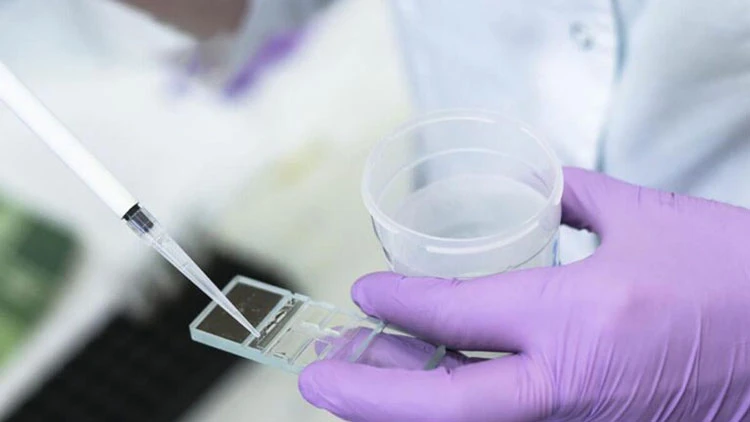
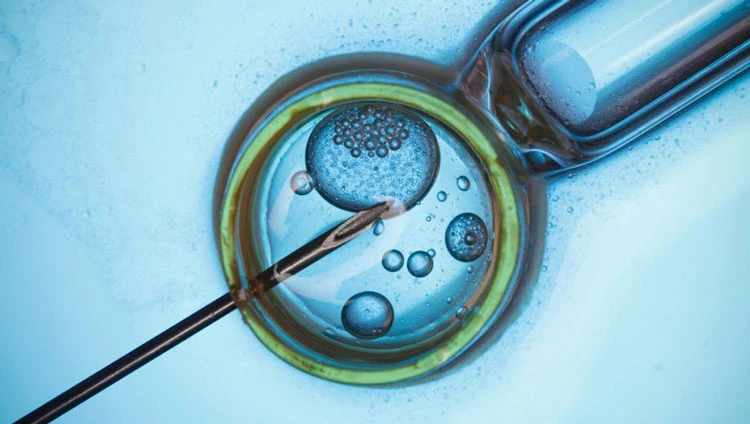
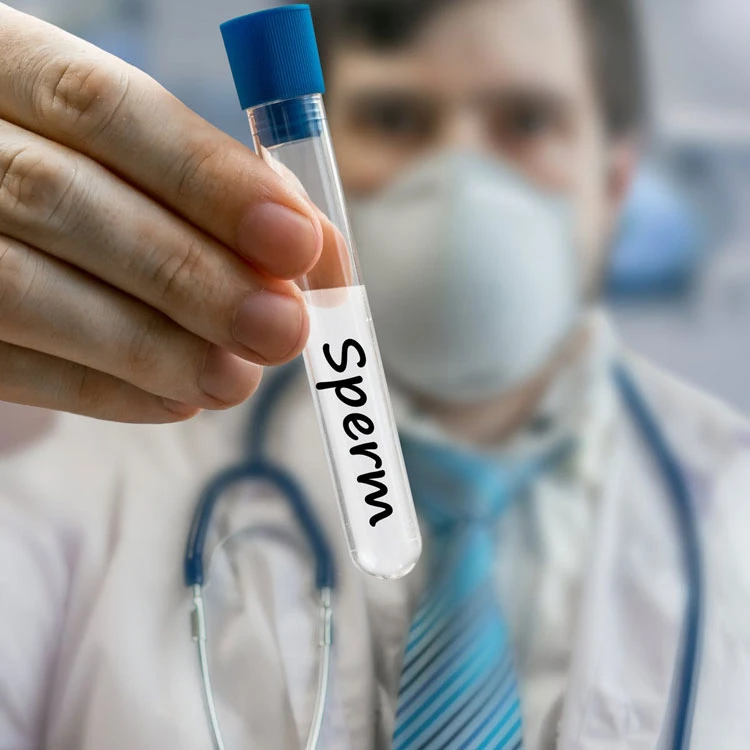
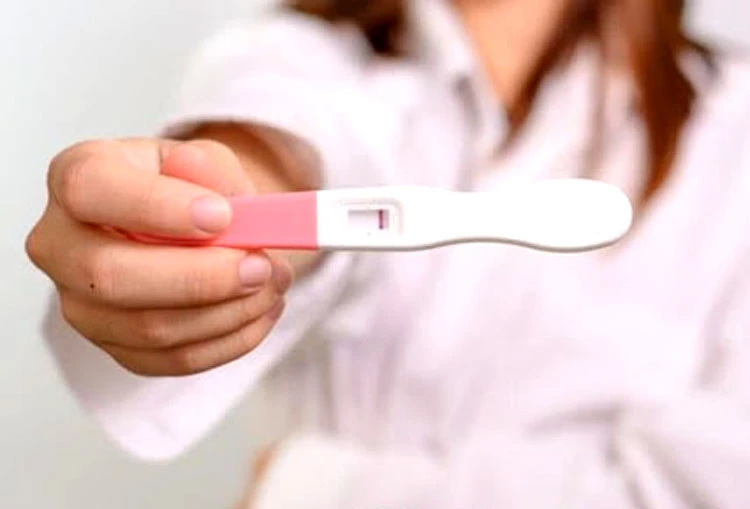
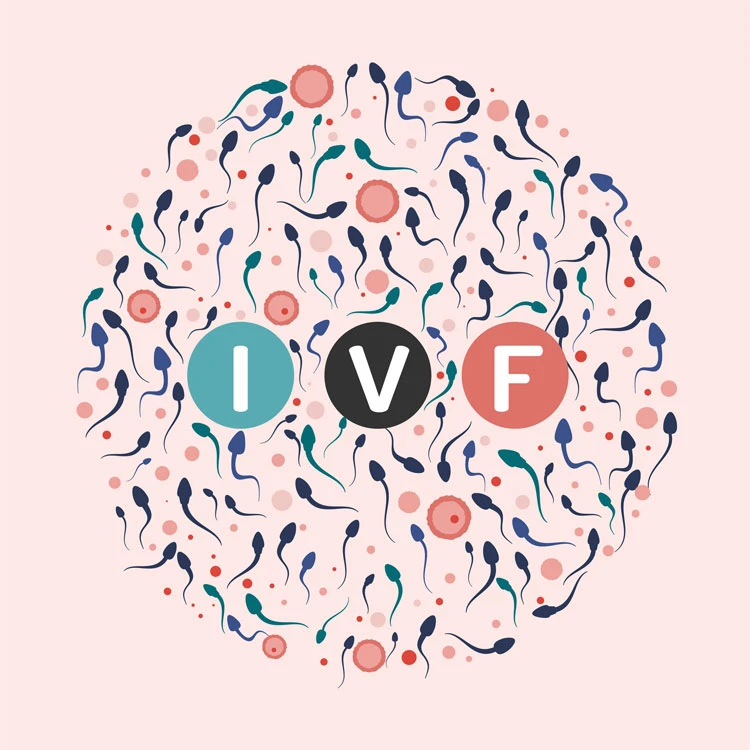


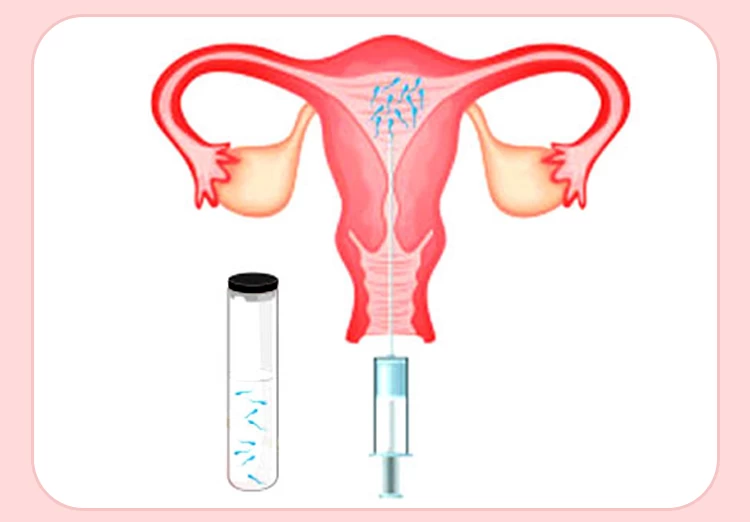


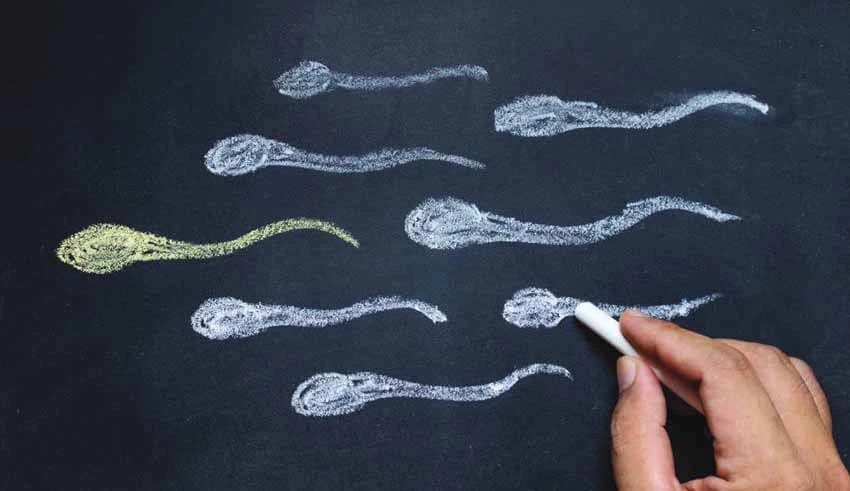
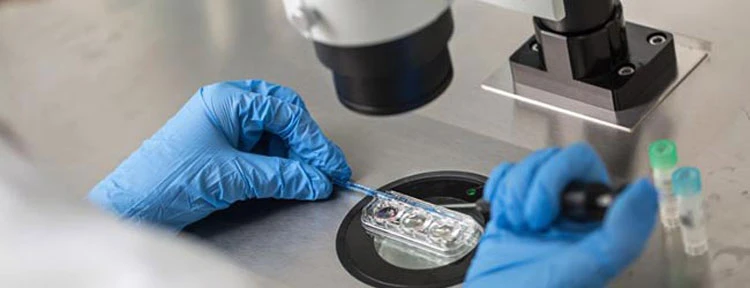

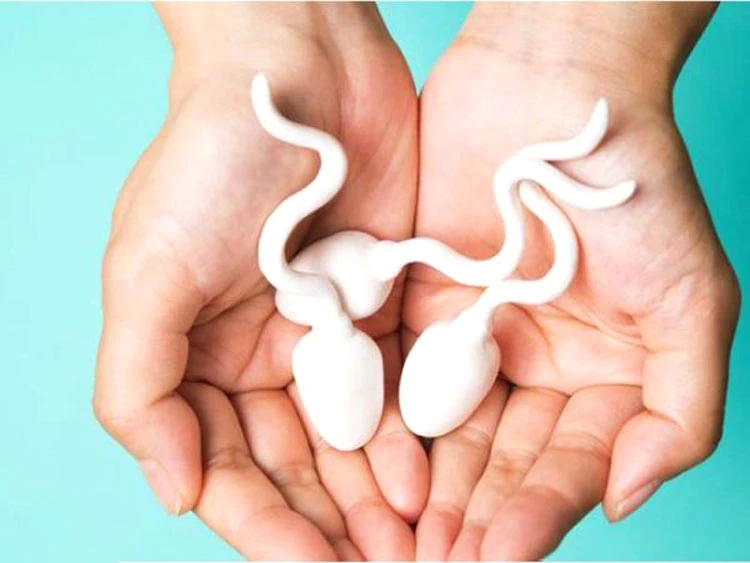


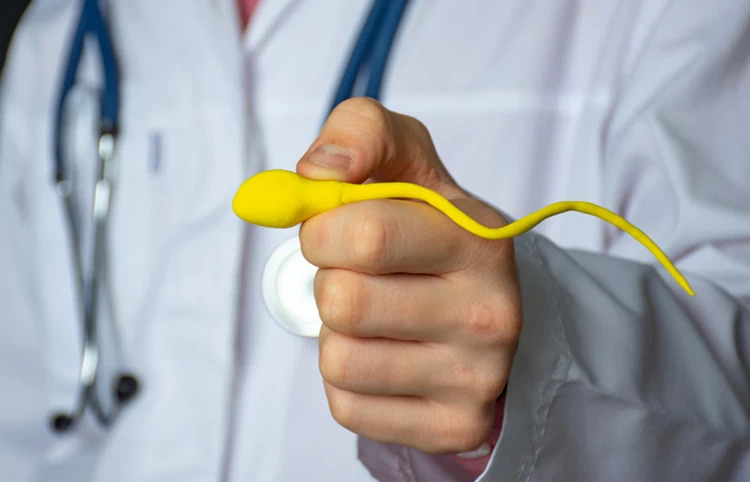
No reviews
Your comment